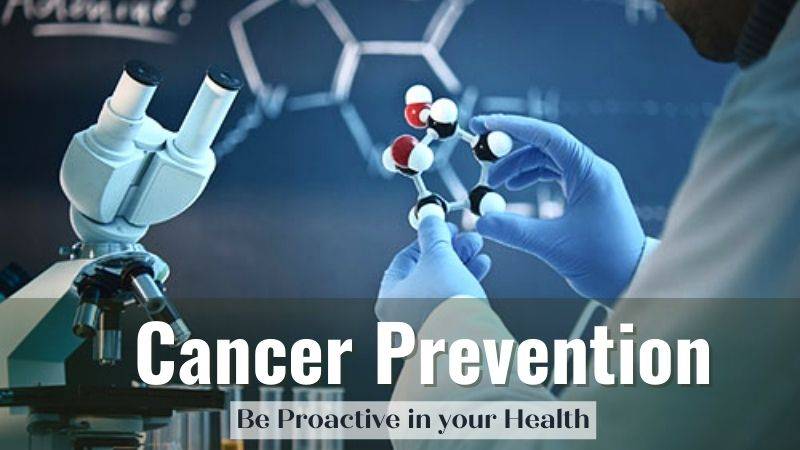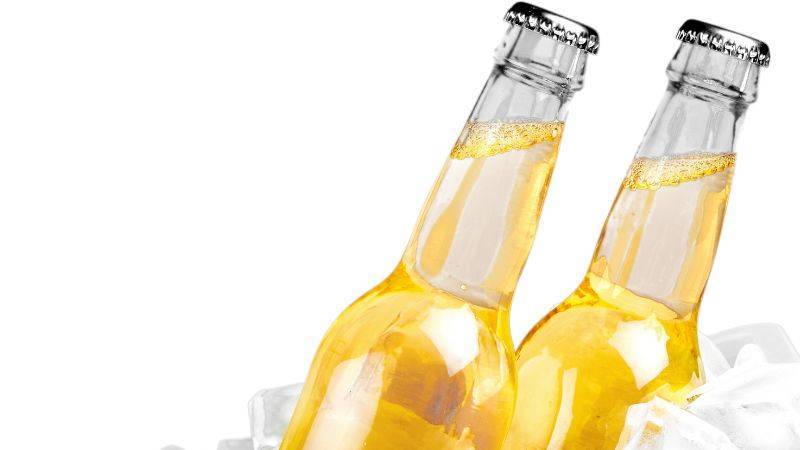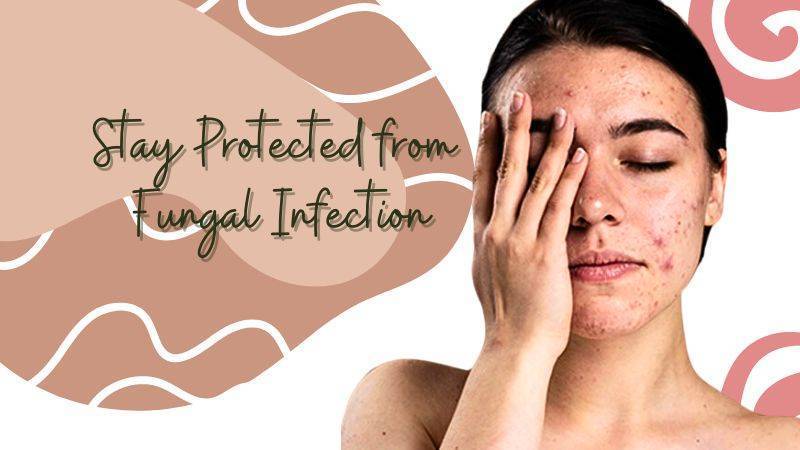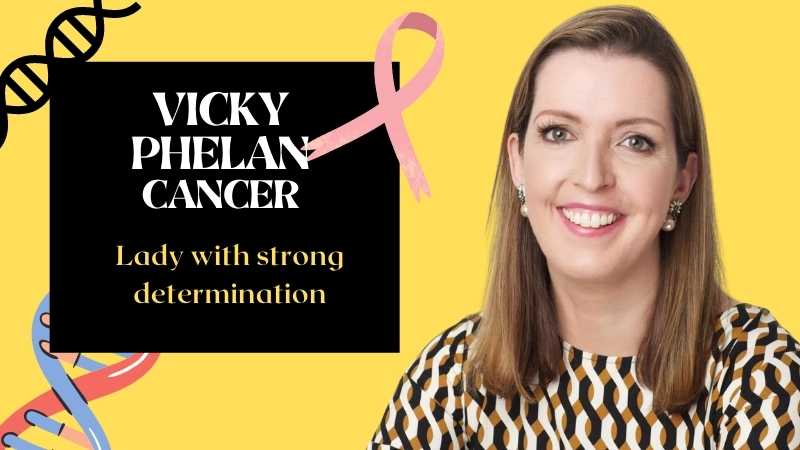“Be proactive in your health: Get screened, eat healthily, and stay active to reduce your risk of cancer.”
What is Cancer and How does it cause?
Cancer is a disease that affects millions of people around the world. It is caused by abnormal cells that grow and divide uncontrollably, forming tumors or invading other parts of the body. It can affect any part of the body, including the skin, lungs, bones, and organs.
The exact cause of cancer is unknown, but certain risk factors can increase a person’s chances of developing it. These include smoking, exposure to certain chemicals, radiation, and certain viruses.
Genetics can also play a role in the development of cancer, as some people are more likely to develop certain types of cancer due to their family history.
Get regular check-ups and screenings to detect any changes in the body that could be signs of cancer. Early detection is key to successful treatment and can help improve a person’s chances of survival.
Importance of Regular Cancer Screenings
Regular screenings are an important part of staying healthy and catching any potential issues early. Here’s why regular cancer screenings are so important:
- Cancer screenings can help detect cancer in its early stages. By catching it early, you can get the treatment you need and increase your chances of a successful recovery.
- Regular screenings can help you stay on top of any changes in your health that could be signs of cancer. This can help you get the treatment you need as soon as possible.
- The American Cancer Society recommends regular screenings for all adults, including men and women over the age of 40 as it helps identify cancer early when it is easier to treat.
- Regular screenings are important to maintain a healthy lifestyle and to prevent the development of cancer. These screenings include cancer screenings for women of all ages and men, as well as for those who are at risk for developing cancer.
If you’re concerned about your risk of cancer, talk to your doctor about getting screened. It could save your life.
Reduce Your Risk of Cancer Through Sun Protection
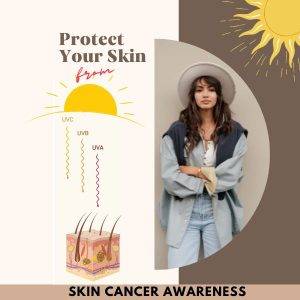 It’s no secret that skin cancer is a serious health concern. But did you know that you can reduce your risk of skin cancer by taking simple steps to protect your skin from the sun?
It’s no secret that skin cancer is a serious health concern. But did you know that you can reduce your risk of skin cancer by taking simple steps to protect your skin from the sun?
Here are some tips to help you stay safe in the sun:
1. Wear sunscreen. Sunscreen is your best defense against the sun’s harmful UV rays. Make sure to use broad-spectrum sunscreen with an SPF of at least 30. Reapply every two hours, or more often if you’re swimming or sweating.
2. Cover up. Wear protective clothing, such as long-sleeved shirts, pants, and a wide-brimmed hat. This will help protect your skin from the sun’s rays.
3. Seek shade. Whenever possible, stay in the shade, especially during the peak hours of 10 a.m. to 4 p.m.
4. Avoid tanning beds. Tanning beds emit UV radiation, which can increase your risk of skin cancer.
5. Check your skin regularly. Look for any changes in your skin, such as new moles or changes in existing moles. If you notice anything unusual, make an appointment with your doctor.
By following these simple steps, you can reduce your risk of skin cancer and enjoy the sun safely.
Benefits of Quitting Smoking for Cancer Prevention
When you quit smoking, your body begins to repair itself almost immediately. Within 20 minutes of quitting, your heart rate and blood pressure drop. After 12 hours, the carbon monoxide levels in your blood return to normal. After two weeks, your circulation and lung function improve. After one year, your risk of coronary heart disease is cut in half.
- Studies have shown that quitting smoking can reduce your risk of lung cancer by as much as 50%. It can also reduce your risk of other types of cancer, including throat, bladder, and pancreatic cancer.
- Quitting smoking can also help you look and feel better. You’ll have more energy, and you’ll be able to breathe easier. Your skin will look healthier, and you’ll have fewer wrinkles. You’ll also have fewer colds and other illnesses.
- Quitting smoking isn’t easy, but there are many resources available to help you. Your doctor can provide advice and support, and many online resources and support groups can help you quit. You can also talk to your friends and family for support.
It’s never too late to quit, so take the first step today and start your journey to a healthier life.
Role of Exercise in Cancer Prevention
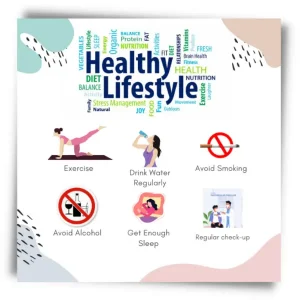 Exercise is an important part of a healthy lifestyle, and it can also play a role in cancer prevention. Studies have shown that regular physical activity can reduce the risk of certain types of cancer, including breast, colon, and endometrial cancers.
Exercise is an important part of a healthy lifestyle, and it can also play a role in cancer prevention. Studies have shown that regular physical activity can reduce the risk of certain types of cancer, including breast, colon, and endometrial cancers.
So, how does exercise help to prevent cancer?
- It helps to maintain a healthy weight. Being overweight or obese increases the risk of certain types of cancer, so regular exercise can help to keep your weight in check.
- Exercise also helps to reduce inflammation in the body, which can lead to cancer.
- Exercise can help to reduce the levels of certain hormones, such as estrogen, which can also increase the risk of certain types of cancer.
- Exercise can also help to improve the quality of life for those who have already been diagnosed with cancer.
- Exercise can help to reduce fatigue, improve mood, and reduce stress. It can also help to improve physical functioning and reduce the risk of recurrence.
- Aim for at least 30 minutes of moderate-intensity exercises, such as walking, jogging, or cycling, five days a week. You can also add strength training to your routine two to three days a week.
Exercise is just one part of a healthy lifestyle. Eating a balanced diet, avoiding tobacco, and limiting alcohol consumption is also important for cancer prevention.
Talk to your doctor about other ways of prevention.
Benefits of Eating a Healthy Diet to Reduce Your Risk of Cancer
Eating a healthy diet is one of the best ways to reduce your risk of cancer.
- Fruits and vegetables are packed with antioxidants, which can help protect your cells from damage that can lead to cancer. Eating a variety of fruits and vegetables can also help you get the vitamins and minerals your body needs to stay healthy.
- Eating a variety of colors of fruits and vegetables can also help you get a variety of antioxidants.
- Whole grains are a great source of fiber, which can help keep your digestive system healthy. Eating whole grains can also help you get the vitamins and minerals your body needs to stay healthy.
- Lean proteins, such as fish, poultry, and beans, are a great source of protein and can help you maintain a healthy weight. Eating lean proteins can also help you get the vitamins and minerals your body needs to stay healthy.
- Eating a healthy diet can also help you reduce your risk by reducing your exposure to carcinogens.
- Eating organic foods can help reduce your exposure to pesticides and other chemicals that can increase your risk of cancer.
- Eating foods that are low in processed foods and added sugars can also help reduce your risk of cancer.
Reduce Your Exposure to Environmental Carcinogens
We all know that environmental carcinogens can be dangerous, but did you know that there are steps you can take to reduce your exposure to them? Here are some tips to help you stay safe:
1. Avoid smoking and secondhand smoke. This is one of the most important steps you can take to reduce your exposure to environmental carcinogens. If you smoke, quit. If you don’t smoke, avoid places where people are smoking.
2. Eat a healthy diet. Eating a diet rich in fruits and vegetables can help reduce your exposure to environmental carcinogens. Avoid processed and fried foods, which can contain carcinogens.
3. Limit your exposure to chemicals. Many household products, such as cleaning supplies, contain chemicals that can be carcinogenic. Whenever possible, opt for natural, non-toxic alternatives.
4. Avoid direct contact with hazardous materials. If you work with hazardous materials, make sure you wear protective gear and follow safety protocols.
5. Reduce your radiation exposure. Limit your exposure to X-rays and other forms of radiation. If you need an X-ray, make sure you wear a lead apron to protect yourself.
6. Filter your water. Make sure you have a water filter installed in your home to reduce your exposure to carcinogens in tap water.
7. Avoid air pollution. Try to limit your exposure to air pollution by avoiding heavily trafficked areas and staying indoors when air quality is poor.
By following these tips, you can reduce your exposure to environmental carcinogens and help keep yourself safe.

